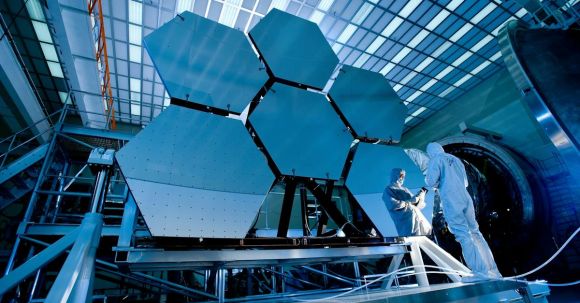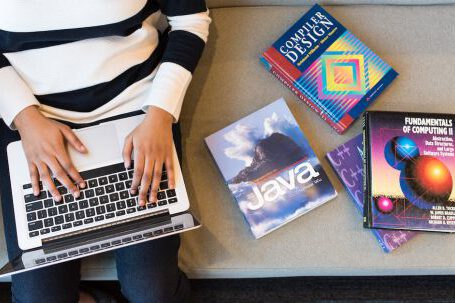Artificial Intelligence (AI) has been revolutionizing various industries at an astounding pace. From healthcare to finance, AI has proven its potential to transform operations and drive innovation. As technology continues to advance, it begs the question: what industry will AI disrupt next? In this article, we will explore some of the industries that are likely to be the next targets of AI disruption.
Retail and E-commerce: Personalized Shopping Experience
The retail and e-commerce industry has already seen significant changes with the advent of AI. However, there is still immense potential for AI to further disrupt this industry. One area where AI can make a significant impact is in providing a personalized shopping experience. By analyzing customer data and preferences, AI algorithms can recommend products tailored to individual needs and preferences. This level of personalization can enhance customer satisfaction and drive sales.
Transportation: Autonomous Vehicles
The transportation industry is no stranger to AI disruption, with the rise of ride-sharing platforms and navigation systems. However, the next frontier for AI in transportation is autonomous vehicles. Companies like Tesla and Google have already made significant strides in developing self-driving cars. AI-powered autonomous vehicles have the potential to revolutionize transportation by enhancing safety, reducing congestion, and optimizing routes. As technology continues to improve, we can expect to see a future where autonomous vehicles become the norm.
Manufacturing: Intelligent Automation
Manufacturing has always been an industry that embraces automation. However, with the advancements in AI, we can expect to see a shift towards intelligent automation. AI-powered robots can perform complex tasks with precision and efficiency, leading to increased productivity and cost savings. Additionally, AI can help optimize supply chains by predicting demand patterns and adjusting production accordingly. The integration of AI into manufacturing processes has the potential to disrupt traditional methods and pave the way for a new era of intelligent automation.
Education: Personalized Learning
The education sector is ripe for AI disruption, particularly in the realm of personalized learning. AI algorithms can analyze student data and tailor educational content to individual needs and learning styles. This personalized approach can help students grasp concepts more effectively and improve overall learning outcomes. AI can also assist teachers by automating administrative tasks and providing real-time feedback on student performance. The integration of AI in education has the potential to transform traditional teaching methods and make learning more accessible and engaging.
Finance: Intelligent Fraud Detection
The finance industry has already embraced AI in various areas such as algorithmic trading and customer service chatbots. However, one area where AI can have a significant impact is in fraud detection. AI algorithms can analyze vast amounts of data and identify patterns that may indicate fraudulent activity. By leveraging machine learning, AI can continuously learn and adapt to new fraud techniques, making it a powerful tool in combating financial crime. The integration of AI in fraud detection can help financial institutions protect their customers’ assets and maintain trust in the industry.
Conclusion: Embracing the AI Revolution
The potential for AI disruption is limitless, and these are just a few examples of the industries that are likely to be impacted next. As technology continues to advance, it is crucial for industries to embrace the AI revolution and harness its potential for innovation and growth. By leveraging the power of AI, businesses can stay ahead of the curve and unlock new opportunities for success. Whether it is in retail, transportation, manufacturing, education, or finance, AI is set to disrupt and reshape industries in ways we can only imagine. So, buckle up and get ready for the next wave of AI disruption!





